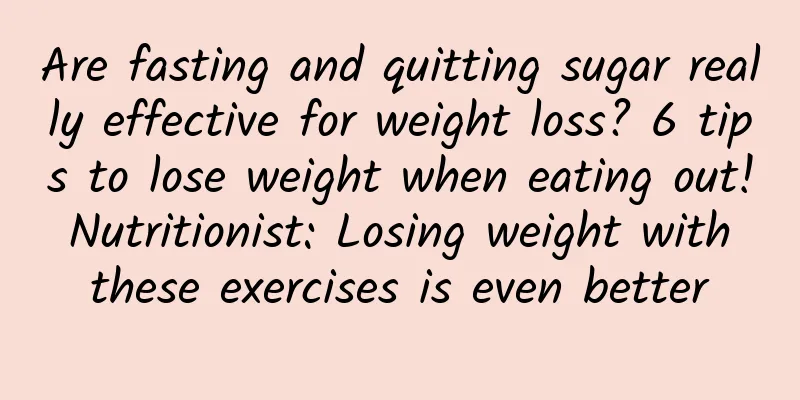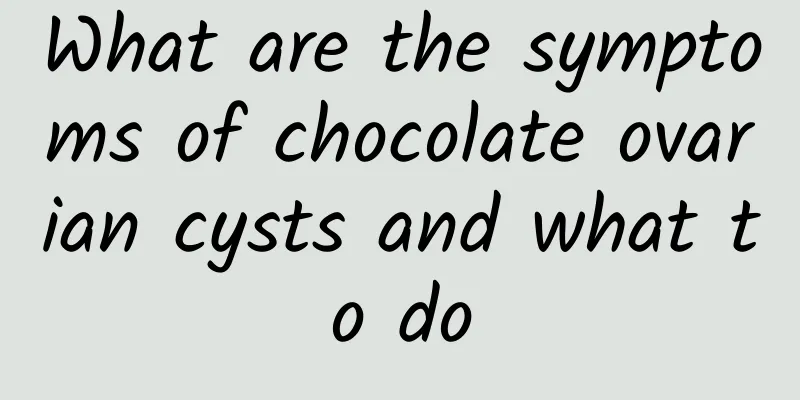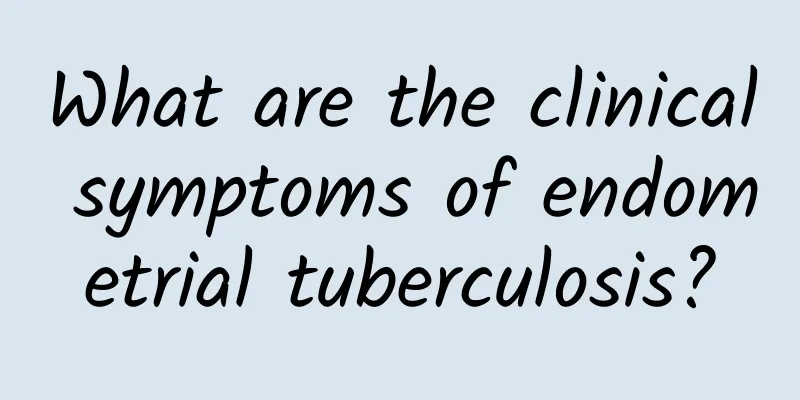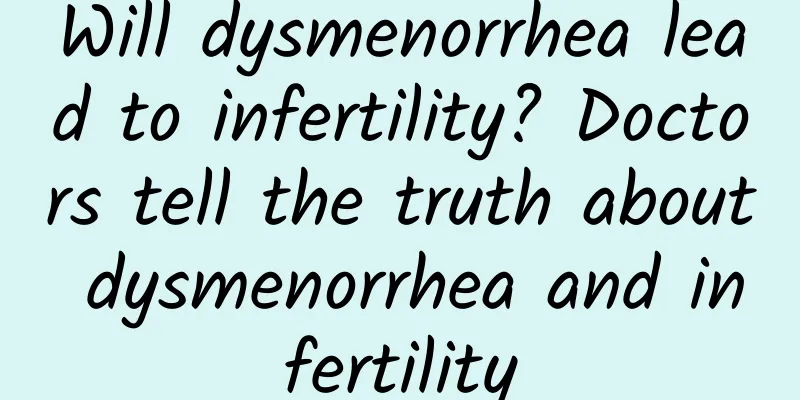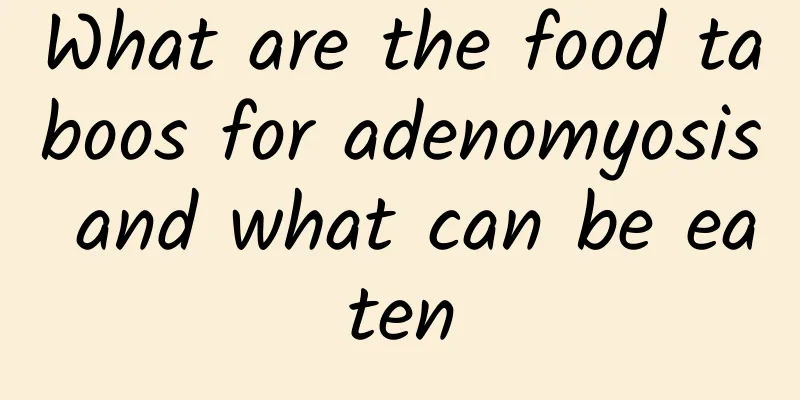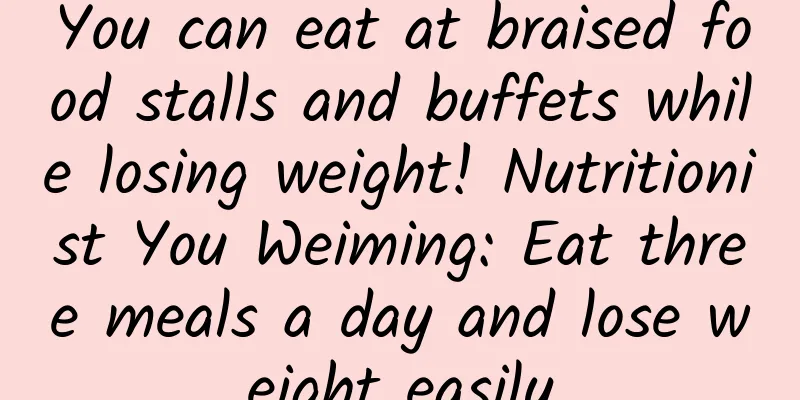Does intermittent fasting increase the risk of cardiovascular death? Huang Xuan: Two risk groups should avoid intermittent fasting
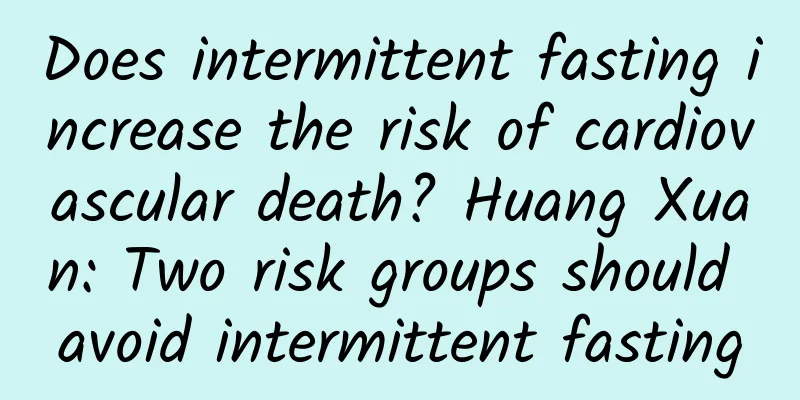
|
The rise in global obesity rates has attracted widespread attention, with the number of obese people in the world now exceeding 1 billion. Faced with this challenge, people are seeking various dietary methods to improve metabolic health, among which intermittent fasting (IF) has received widespread attention and practice. However, a new study recently published at the American Heart Association's Epidemiology, Prevention, Lifestyle and Cardiometabolic Health conference found that intermittent fasting increased the risk of death from cardiovascular disease among study participants, Dr. Huang Xuan, a thoracic intensive care unit doctor, said on Facebook. What is intermittent fasting?Intermittent Fasting (IF) The health benefits of intermittent fasting have been supported by numerous studies, including improved blood sugar control, reduced risk of diabetes and cardiovascular disease, enhanced brain function, and may even help prevent neurodegenerative diseases. It is also believed to have the potential to fight aging and extend lifespan. Common forms of intermittent fasting include: 1. Daily restricted eating time: Eat for 8 hours a day and fast for the remaining 16 hours. 2.5:2 intermittent fasting: Eat normally 5 days a week and eat less on the other 2 days. 3. Fast every other day . Intermittent Fasting (IF) Increases Risk of Cardiac DeathHowever, new research presented recently at the American Heart Association's Epidemiology, Prevention, Lifestyle and Cardiometabolic Health conference and forthcoming in the Journal of the American Heart Association (AHA) offers new insights into the long-term effects of intermittent fasting. The study analyzed data from more than 20,000 adult participants and found that those who practiced intermittent fasting, compared with a typical eating window of 12-16 hours per day, had:
During an average follow-up of 8 years, the study recorded 2,797 deaths, 840 of which were from cardiovascular disease. Studies have shown that people who limit their daily eating time to 8 hours have a significantly increased risk of death from cardiovascular disease. The study analyzed data from more than 20,000 adult participants and found that compared with a typical eating window of 12-16 hours per day, those who practiced intermittent fasting had a 91% increased risk of death from cardiovascular disease. 2 major risk groups are prohibited from intermittent fastingIntermittent fasting may pose a higher risk for cardiovascular disease and cancer: 1. For those who already have cardiovascular disease, if their daily eating time is restricted to less than 8 hours, the risk of cardiovascular death will increase by more than 2 times. 2. For those who have cancer, if their eating time is restricted to less than 8 hours a day, the risk of cardiovascular death increases by more than 3 times. 3. For those who already have cardiovascular disease, if their eating time is limited to 8-10 hours a day, the risk of death from cardiovascular disease increases by 66%. 4. However, for cancer patients, if the eating time exceeds 16 hours a day (small meals frequently), the risk of dying from cancer is reduced by 54%. Limitations of this study The researchers also noted limitations of the study, including that participants self-reported their dietary patterns, possible memory bias, and other factors that could influence health that were not included in the analysis. Therefore, the findings cannot establish a causal relationship between intermittent fasting and cardiovascular death. Future medical research will further explore the biological mechanisms between intermittent fasting and adverse cardiovascular outcomes to provide a more comprehensive understanding. Dr. Huang Xuan finally reminded: Cardiovascular patients and cancer patients should not adopt intermittent fasting! Dr. Ooi Hean |
Recommend
Experts explain the causes of ectopic pregnancy
Ectopic pregnancy is very harmful to many pregnan...
7-Day Pumpkin Light Meal to Detox and Help Lose Weight
In October, there is an important festival called...
Is taking GABA really effective in fighting stress and helping you sleep? Nutritionist: Whole grains, green tea and 5 other types of food for quick supplementation
As we move towards the stage of coexistence with ...
Experts on the diagnosis of early ectopic pregnancy
As more and more patients with ectopic pregnancy ...
What are the precautions for pelvic inflammatory disease
Pelvic inflammatory disease is a common gynecolog...
Nocturnal vulvar itching
Nocturnal vulvar itching: Vulvar itching at night...
What should I do if my blood pressure is low during menstruation?
What should I do if my blood pressure is low duri...
What is the diagnosis of complete miscarriage?
What is the diagnostic basis for complete abortio...
Stop nagging your husband for not exercising! These 3 tricks make him listen to you
There is some happiness weight gain during the pa...
Detailed explanation of the symptoms of severe cervicitis
The early symptoms of cervicitis are often ignore...
Neglecting confinement can lead to obesity, back pain! Chinese medicine doctor Wu Mingzhu: 4 must-drink teas to help lose weight after childbirth
Confinement period is an opportunity for postpart...
Can vaginal ultrasound detect adnexitis?
The B-ultrasound examination of acute pelvic infl...
Will there be retribution for miscarriage within 49 days? What are the things to pay attention to after miscarriage?
Generally, abortion may be painful, and if there ...
Why do I get dysmenorrhea when I'm angry?
Anger causes dysmenorrhea, which is caused by cha...
Why is endometrial tuberculosis so difficult to cure?
Experts say that the treatment of endometrial tub...
